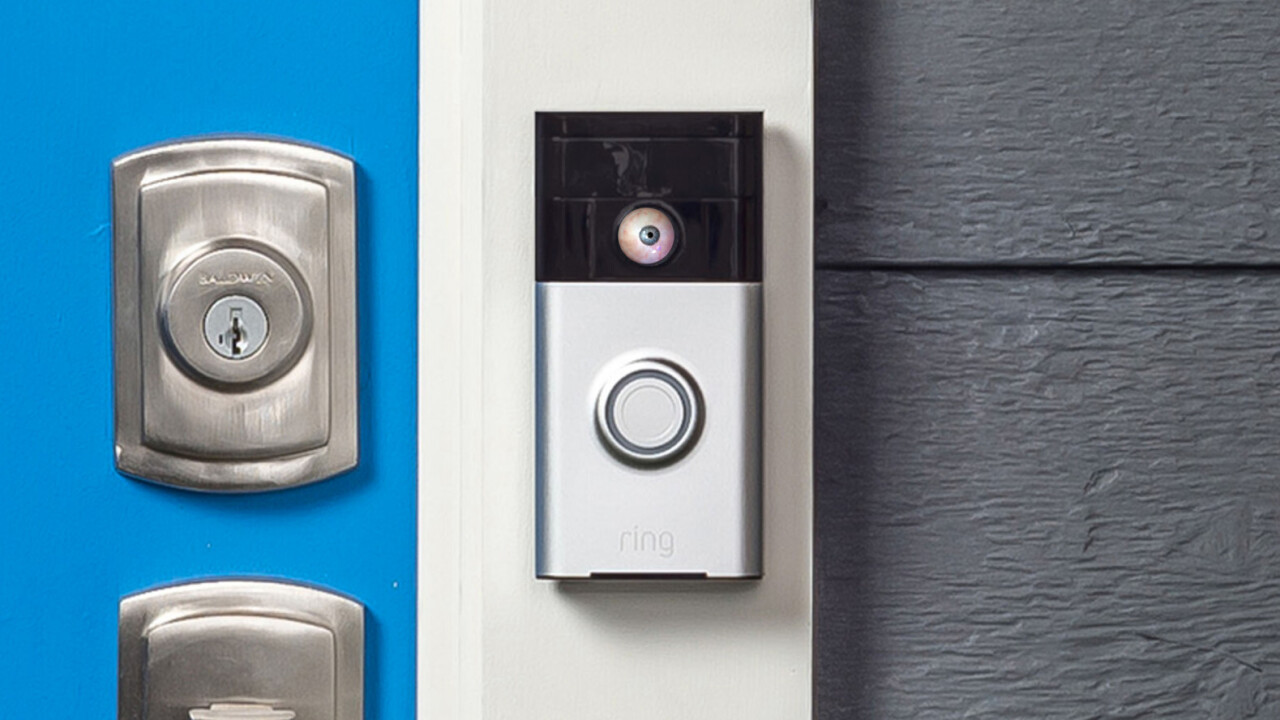
Amazon yesterday announced its ‘Neighbors by Ring’ app would make police video requests “public” going forward. That would be really cool, if it were true.
Up front: Amazon purchased Ring for $2 billion a few years back. The company sells doorbells with cameras installed that offer owners the peace of mind that comes with having 24/7 surveillance on their property.
The big sell is that it’ll help keep your community safe and protect your precious Amazon deliveries from being stolen.
Amazon keeps all the videos and data related to your Ring account and partners with law enforcement agencies to allow officers to reach out to people using the ‘Neighbors by Ring’ app to request video evidence and information.
The big deal: On the surface this sounds awesome. If someone commits a crime in your neighborhood and everyone has a Ring doorbell installed, there’s a pretty good chance someone’s surveillance system caught something.
But the reality of surveillance is entirely different. There are literally hundreds of studies and thousands of cautionary tales that have been written about the dangers of surveillance.
And Ring is arguably more dangerous than any other kind of surveillance system because it invades our homes.
The big problem: If you want Amazon to conduct 24/7 surveillance on you, your family, and your neighbors all you have to do is buy a Ring camera and install the Neighbors app.
But if you do not want Amazon to conduct 24/7 surveillance on you, your family, and your neighbors, there’s absolutely no way for you to opt out.
Simply put: if your neighbor has a Ring camera and your home, yard, garage, or car is in its typical FOV, Amazon is spying on you without your permission and there’s nothing you can do about it. If you drive past a Ring camera on your way to work, Amazon has that video. If you drive past 10, Amazon has 10 videos.
What now?
Yesterday, Amazon said it would make all police requests for videos and data “public,” but that appears to just be another ploy to get user data.
You cannot access the “public” police data requests unless you sign up for the Neighbors app by Ring. And you can’t use the app unless you create an account. And, per Amazon, you’re legally obligated to provide the company with your real name and identity – meanwhile, for obvious reasons, the app doesn’t work unless it has your location.
Here’s the relevant passage from the app’s TOS:
You promise to provide us with accurate, complete, and up-to-date registration information about yourself. You may not select as your User ID a name that you do not have the right to use, or the name of another person with the intention of impersonating that person.
Other interesting tidbits in the TOS include notification that use of the app constitutes waiving your right to a trial by jury or to participate in a class-action lawsuit and agreeing that any video recorded retains your sole property and any legal issues stemming from the data obtained by Amazon and Ring is your sole responsibility, but the company has full, irrevocable legal use of your data in perpetuity.
Bottom line: If you don’t use the app, you can’t opt out of the Ring network. And if you don’t give Amazon your location data you can’t see how police are using the app.
Amazon’s Ring system represents a clear and targeted threat to privacy. The false transparency of making police requests “public” for app users doesn’t change that.
Get the TNW newsletter
Get the most important tech news in your inbox each week.





